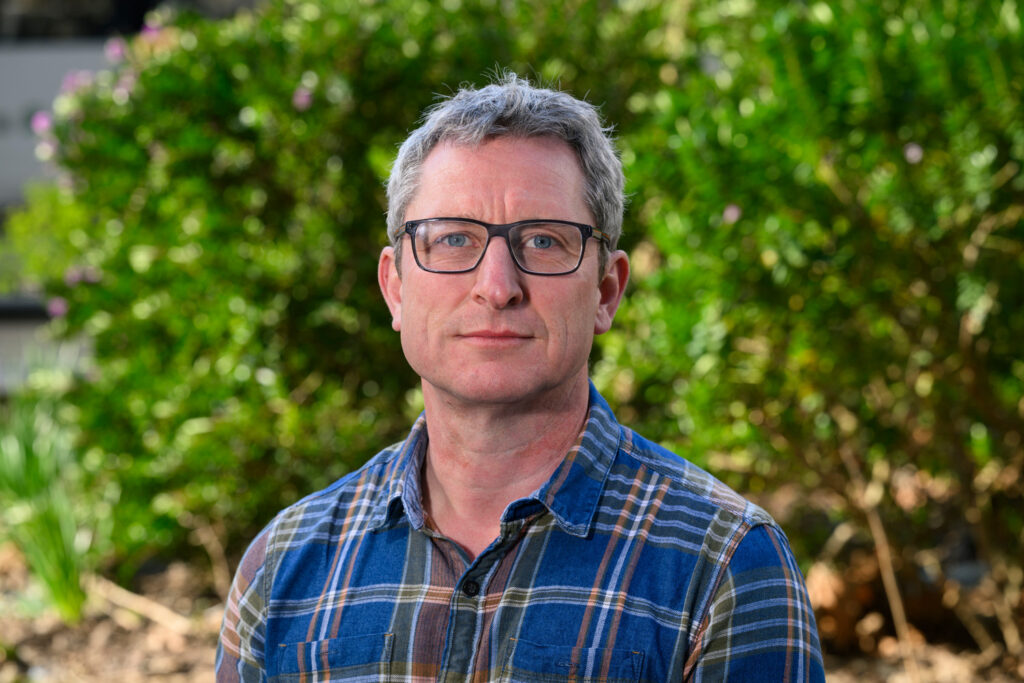In the second of our impact stories, we catch up with Kerry Whiteside, Head of Science and Technology at food manufacturer Samworth Brothers
Kerry Whiteside: ‘AFN brings different perspectives together’

I would describe my job as Head of Science and Technology at food manufacturer Samworth Brothers as “beautifully broad”. Meaning I have responsibility for anything from food safety and microbiology, to the automation of our future processes. For anyone who doesn’t know us, Samworth Brothers is a multigenerational family business based in Leicester. We produce great food every day, employing around 11,000 people across our bakeries. Our customers include major supermarkets, convenience stores, hospitality venues, workplaces and travel outlets We also have household brands including Ginster pasties and Soreen maltloaf. Samworth Brothers is known for its commitment to doing the right thing. We are a responsible business and we think and act for the long term – supporting people, a healthy planet and products that were proud of.
Where I see most impact from the Network is the access to different perspectives and experts, many of whom wouldn’t usually be in the same room together
I first began attending the monthly AFN Network+ webinars and events after hearing about them from an industry colleague. As a company, we’re also part of a multi-stakeholder project funded by the Network, something that came about after attending one of the in-person events. This project will yield valuable insights into what motivates smaller businesses within our supply chain to reach net zero, which in turn will be hugely valuable in helping us reduce emissions within our supply chain.
But where I see the most impact from the Network is the access to different perspectives and experts, many of whom wouldn’t usually be in the same room together. Part of the reason I attend is that it’s different from our normal world, where focus is on quality and consistency of food products. Understanding different perspectives gives breadth to our worldview and that’s really important to us as a business. At an AFN event, I often find myself sitting next to someone I would never normally encounter, perhaps an academic. It’s those types of people I don’t typically meet through the food industry or trade bodies.
The connections I’ve made through the Network have led to co-authoring two papers on food systems crises, the topic of which fits well with my responsibilities but is not the type of activity I would normally have been involved in.
I’ve been to a huge range of the Network webinars but a stand-out one for me was with former chief executive of the Climate Change Committee, Chris Stark, talking about his role and how he works within government. Even when they’re not directly related to my job, I find the discussions inform my conversations around the business, and I often point both our responsible business and technical teams towards the recordings on YouTube. The webinars often validate thoughts I might have or raise questions, which provoke action and things to follow up.
The main benefit of the Network is how the knowledge I absorb informs my day job. When you’re talking to different people about the impact of geopolitics and climate change on the UK food supply chain, having that breadth of knowledge is important for me.
For me, the main benefit of the Network is how the knowledge I absorb informs my day job. When you’re talking to different people about the impact of geopolitics and climate change on the UK food supply chain, having that breadth of knowledge is important for me. I think one of the most interesting aspects of the Network is having people like ecological economists or evangelists of technology, and at the other end, people who are responsible for manufacturing and distributing food. Those types of people are very far apart and wouldn’t normally agree for long if they ever did meet. You need someone to translate between groups of people and that’s a big part of what I do.


